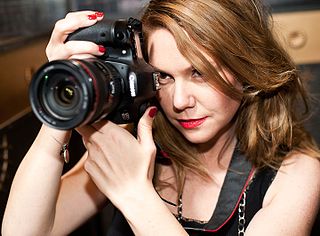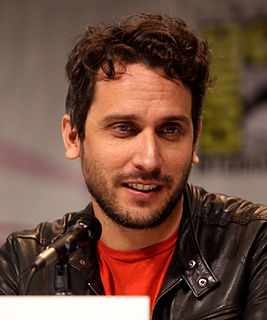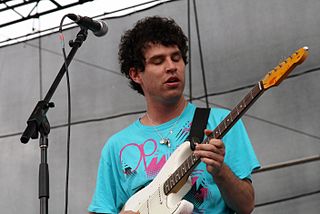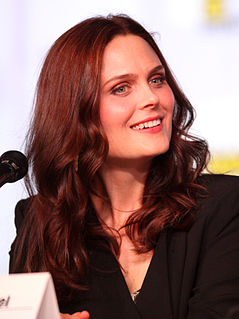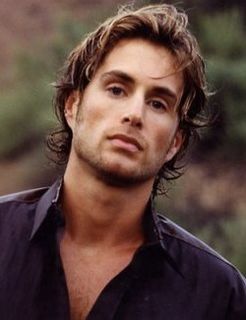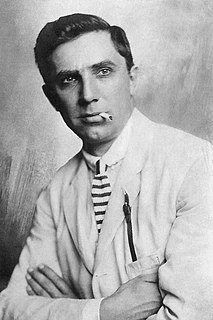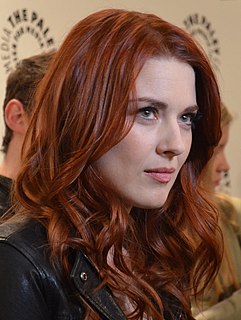Цитата Эрики Ласт
Повествование так важно для создания сексуального напряжения. Вы можете себе представить фильм ужасов, в котором показана только кровь без контекста? Я думаю, женщинам нужно познакомиться с персонажами, прежде чем они начнут раздеваться.
Связанные цитаты
Я думаю, что ошибка, которую люди совершают с фильмами ужасов и которая делает их успешными, заключается в том, что многие фильмы ужасов снимают люди, которым они не очень нравятся, поэтому они их не уважают. И когда вы любите ужасы и восхищаетесь ими, это сообщество знает, что то, что важно для фильма ужасов, важно и для любого другого вида фильмов.
Однако я думаю, что делать это в сериале становится очень опасно. Я думаю, что сценаристы и продюсеры очень хорошо знают об этом, а также об опасностях объединения персонажей и о том, что это может означать для шоу. Знаешь, возможно, это убьет то, что скрепляет сериал, химию, сексуальное напряжение между двумя персонажами.
Я думаю, что это верно и для реальной жизни - мы никогда никого не знаем полностью. Секреты очень важны для создания правдоподобного повествования. Герои приходят в этот мир с секретами, как и все мы. Как бы мы ни старались быть честными в наших отношениях, мы никогда не сможем полностью узнать кого-то. С точки зрения повествования это очень важно и приятно — вы хотите, чтобы эти секреты были там. Тайна — неотъемлемая часть создания романа.
Что касается моих отношений со многими взрослыми персонажами, когда я работал с Харрисоном, это не было похоже на устное соглашение, но мы оба понимали, что из-за этого постоянного напряжения между нашими персонажами мы не могли сказать: Вырезать» и начать вести себя как обычно. Мы должны были сохранить суть этих отношений в наших персонажах за кадром, что действительно важно.
Классический бурлеск в стиле Gypsy, который практикуют многие современные бурлескные труппы, по своей сути такой игривый, дразнящий и невинный. Это не столько хардкорное раздевание, сколько возможность рассказать своему телу историю; женщины играют персонажей и разворачивают на сцене полное повествование с началом, серединой и концом.
Обожаю "Детские игры 2"! У этого фильма отличная тема: лучше послушайте детей. Вот почему я хотел это сделать. Я боялся сниматься в фильме ужасов — откровенном студийном фильме ужасов, — но мне понравился сценарий, и я подумал, что это такая важная тема, потому что я не думаю, что взрослые слушают детей в достаточной мере.
В отличие от других книг или сериалов, а иногда и жизни, мои повествовательные миры лишены имплицитных моральных центров. Есть только то, что вы приносите. Это делает персонажей рискованными во всех смыслах, а повествование — путешествием перемен для читателя. Но я делаю путешествие настолько интересным, насколько могу.
К любому повествованию, будь то вымысел или нет, вы должны подходить так, как будто это произошло с вами на самом деле. Я думаю, что это единственный способ проникнуть внутрь персонажей и заставить повествование работать. Это традиция рассказывания историй, и я думаю, что для того, чтобы выглядеть подлинным, вы должны подходить к этому по-настоящему.
